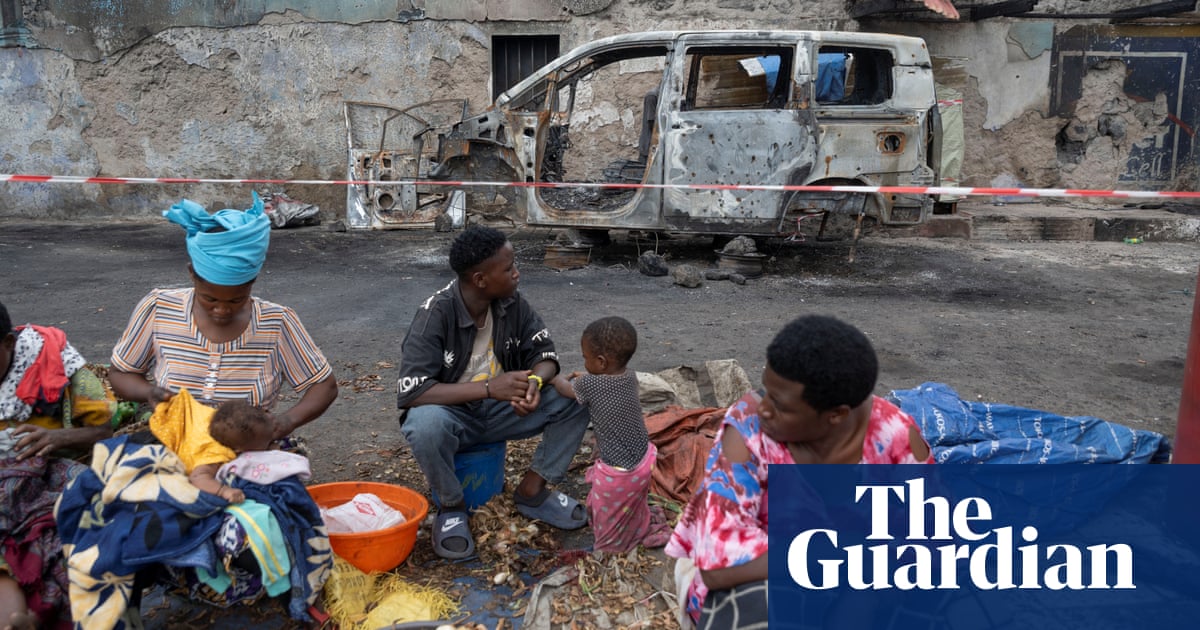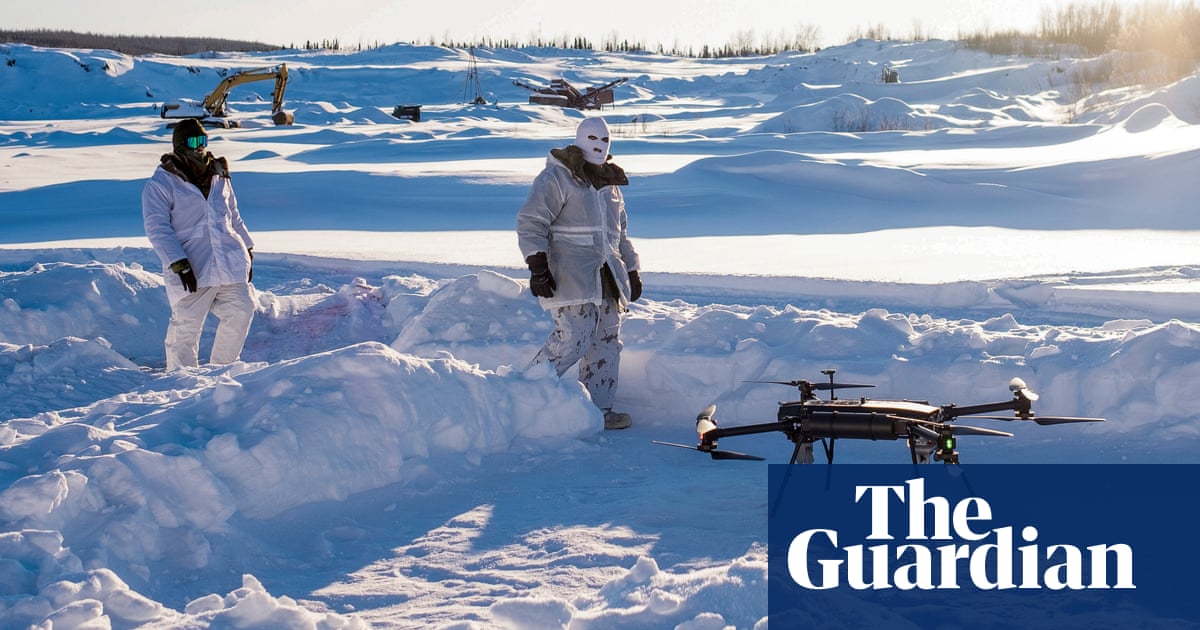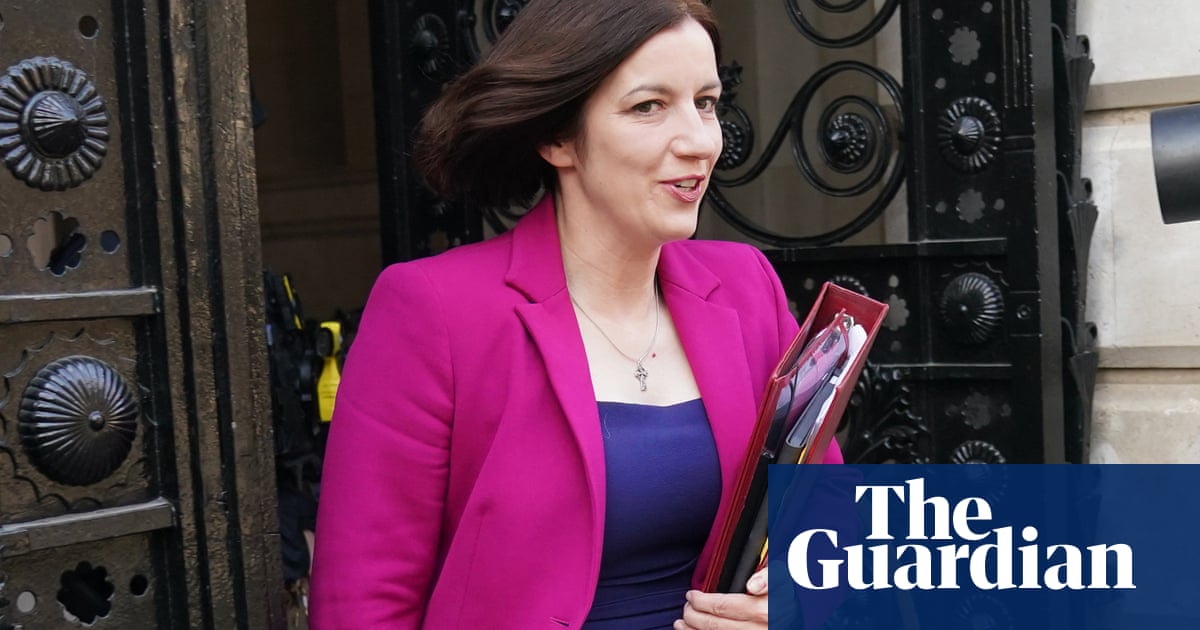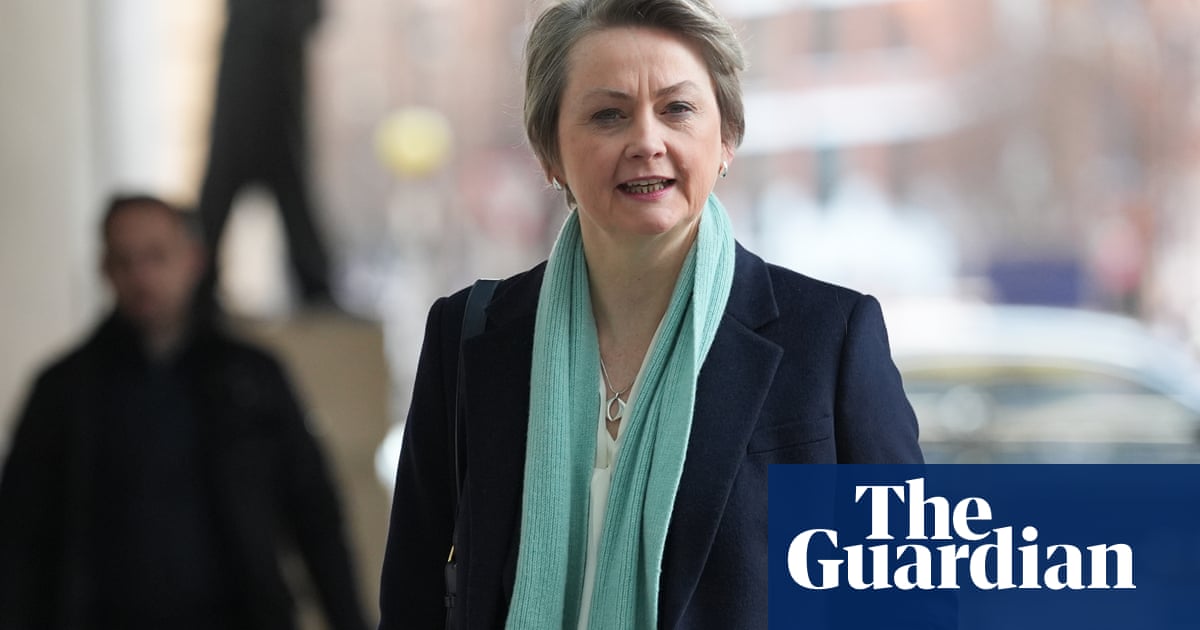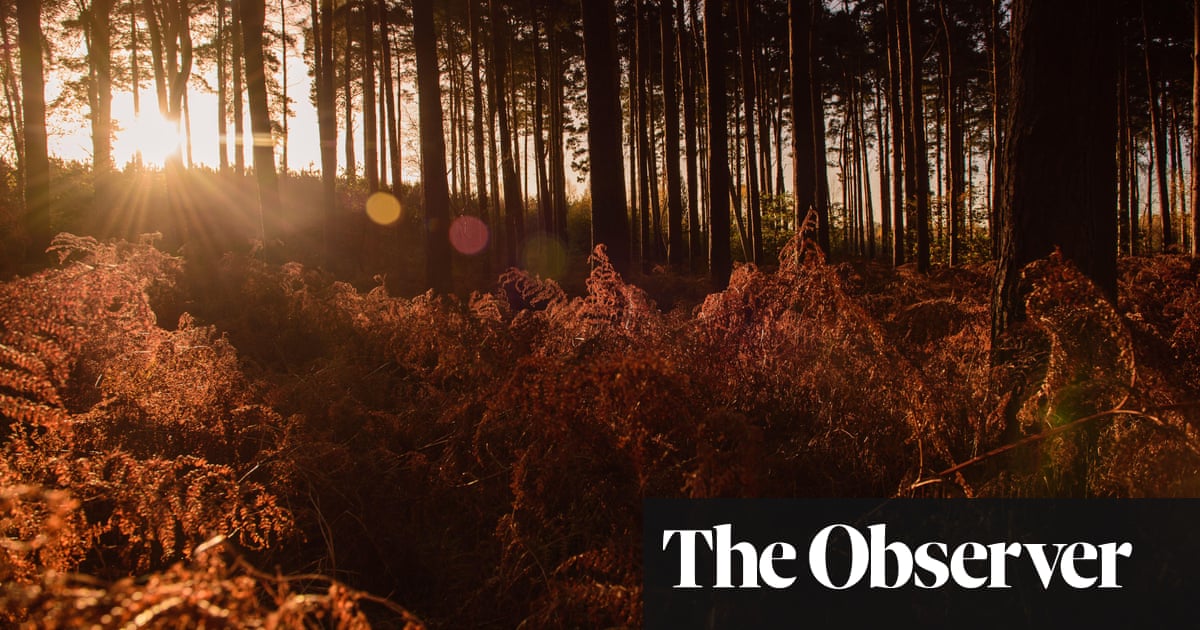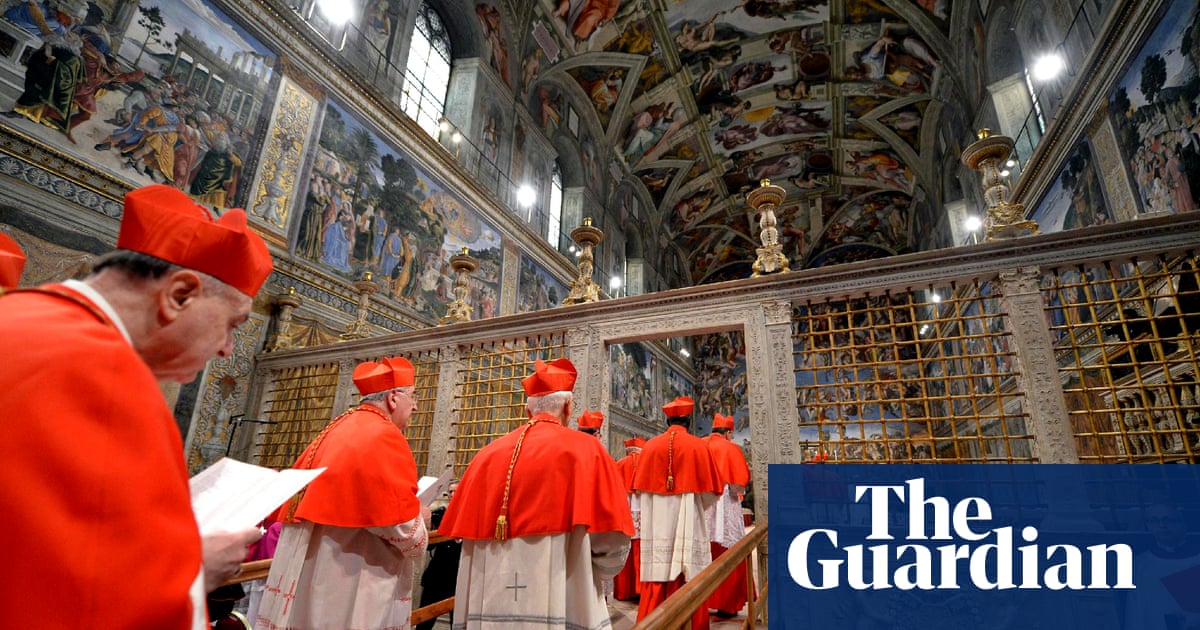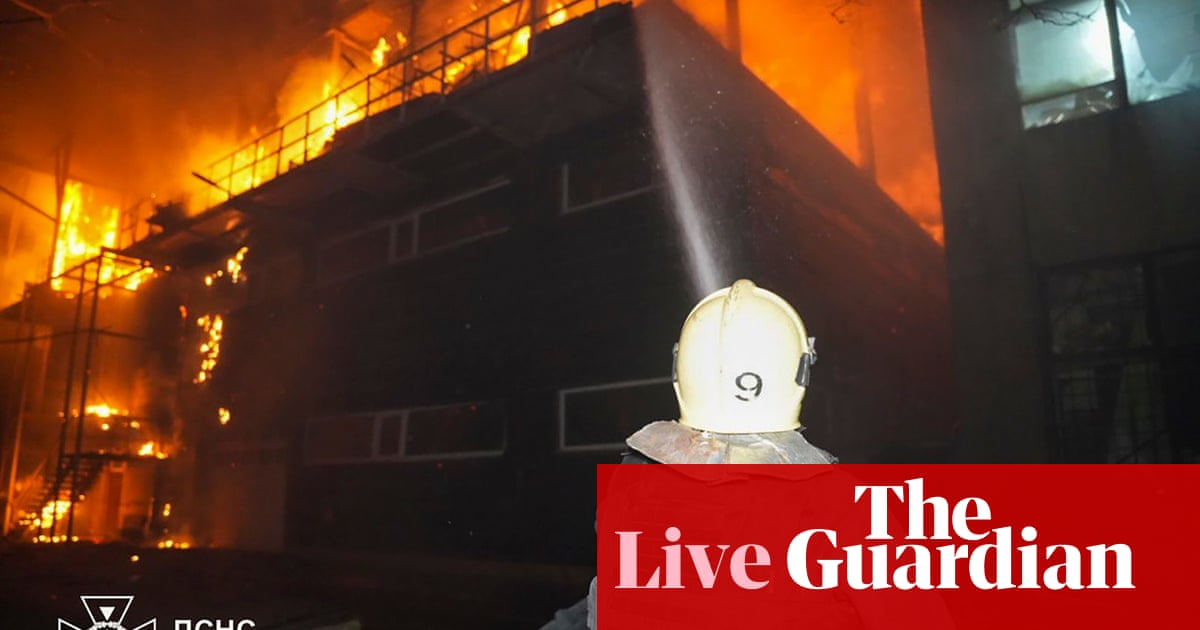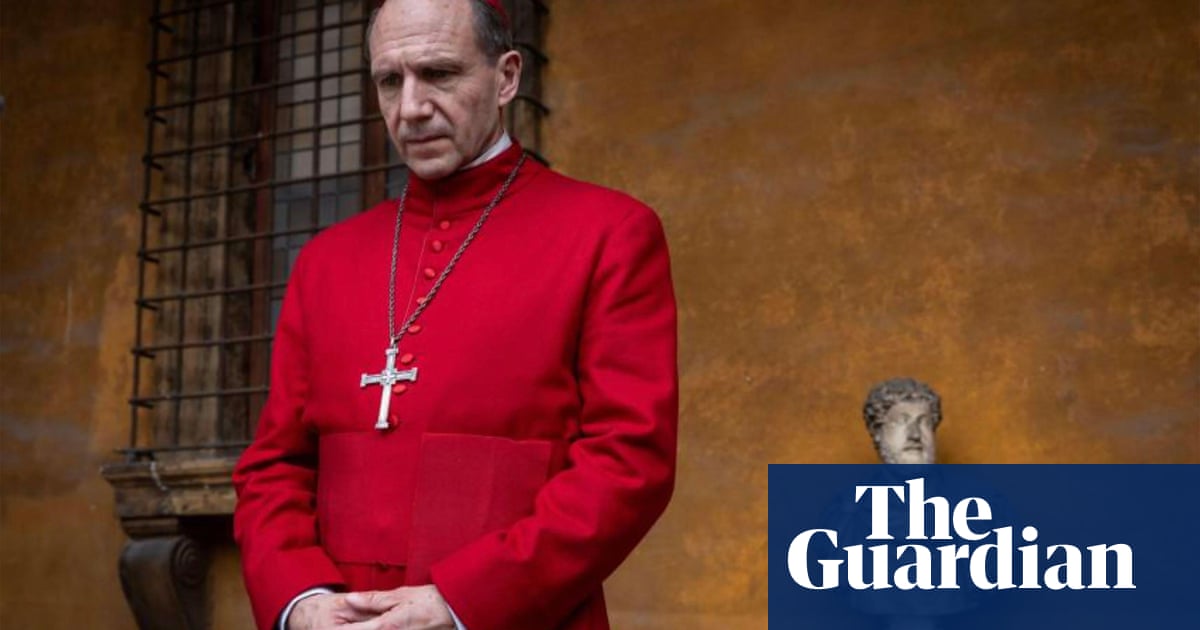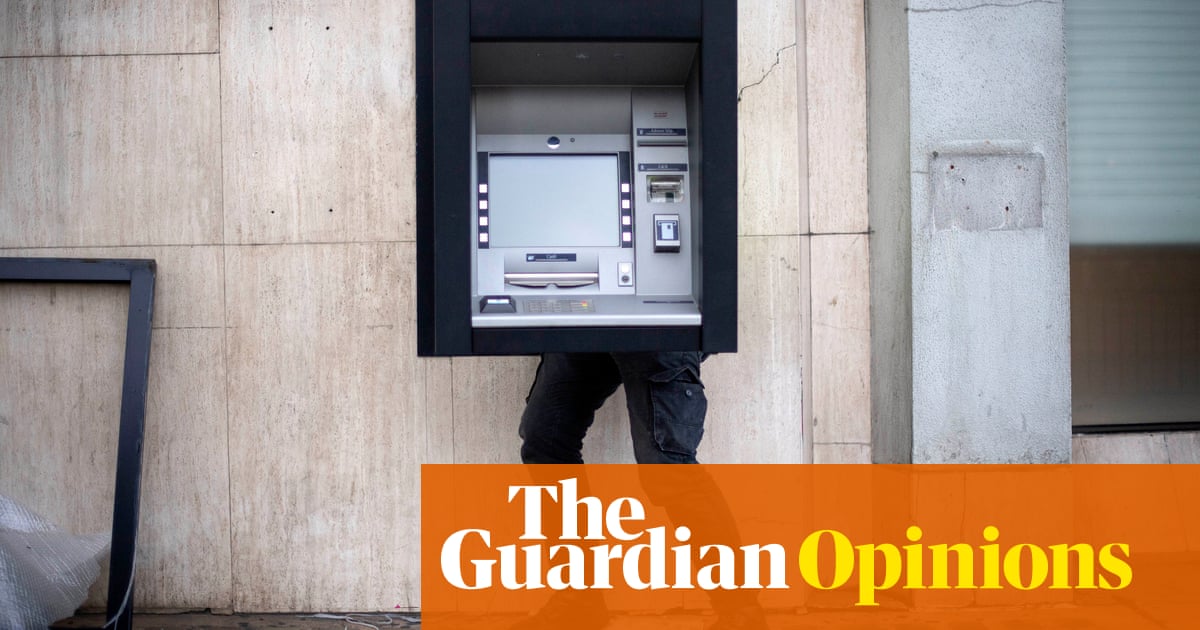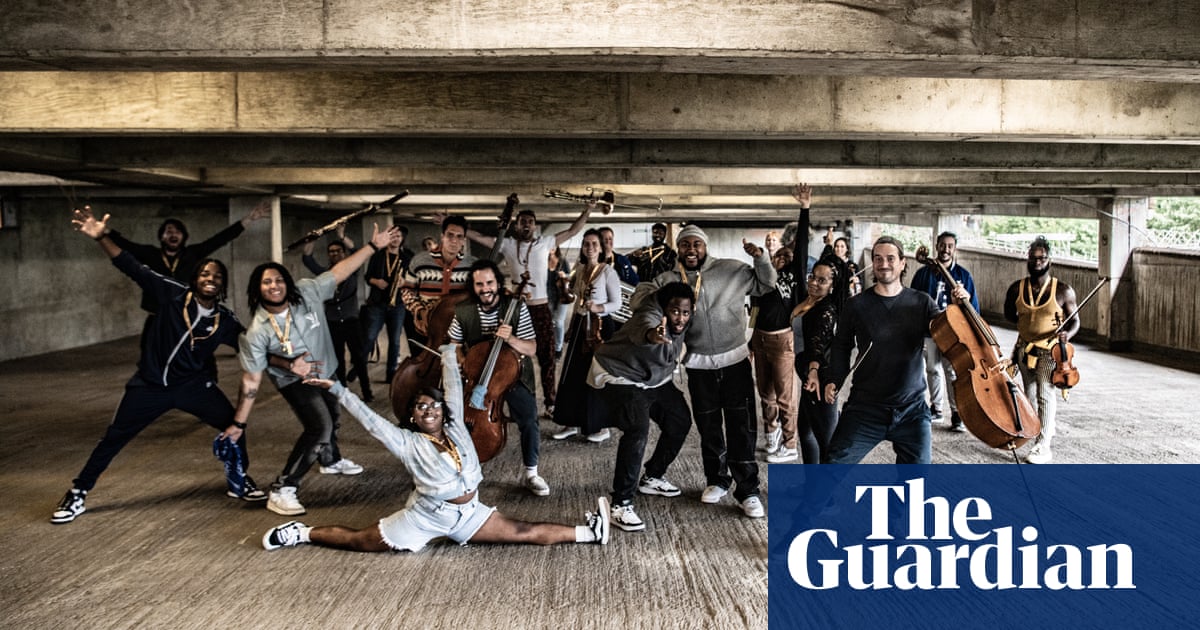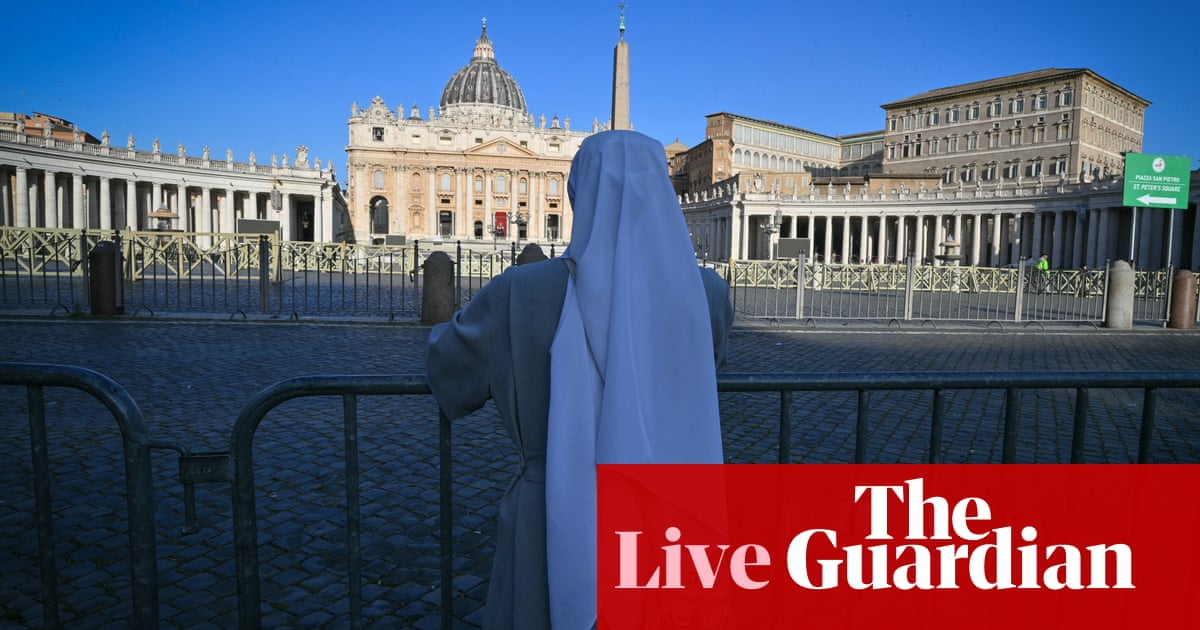He declared destroying the environment a sin, warned that humanity was turning the glorious creation of God into a “polluted wasteland full of debris, desolation and filth”, and located the cause of the climate crisis in people’s “selfish and boundless thirst for power”.
The messages Pope Francis delivered on the climate and environmental crises were forceful and direct. He called the leaders of fossil fuel companies into the Vatican to hold them to account; declared a global climate emergency, in 2019; and in his final months, held a conference on “the economics of the common good”.
Simon Stiell, the UN’s top official on the climate, paid tribute: “Pope Francis has been a towering figure of human dignity, and an unflinching global champion of climate action as a vital means to deliver it. Through his tireless advocacy, [he] reminded us there can be no shared prosperity until we make peace with nature and protect the most vulnerable, as pollution and environmental destruction bring our planet close to ‘breaking point’.”
Laurence Tubiana, chief of the European Climate Foundation and one of the architects of the 2015 Paris agreement, wrote on social media that Pope Francis had been an ‘important voice’: “By clearly setting out the causes of the crisis we are experiencing, [he] reminded us who the fight against the climate crisis is aimed at: humanity as a whole.”
The prime minister of Barbados, Mia Mottley, said Pope Francis was “beacon of global moral strategic leadership” who had guided and inspired her through the “dark and desolate days” of the Covid pandemic. Describing him as her hero, she recalled spending time with him late last year, where he reinforced in her “the importance of always aligning our hearts, our heads, and our hands with our faith – to see, hear, and feel all people, so that we may help them, and to protect our planet.
“His voice comforted and inspired many. His hands led him to places where others dared not go, and his heart knew no boundaries. His humour and his laughter were not only infectious but calming. Let us, each and every day, see, hear, and feel people – to fight the globalisation of indifference.”
After his appointment in March 2013, Francis quickly took up the climate and environment as key themes of his papacy. “If we destroy creation, creation will destroy us,” he warned an audience in Rome in May 2014, the year before the Paris agreement was signed. “Never forget this.”
His predecessor, Pope Benedict XVI, had taken steps to green the Vatican with solar panels, and spoken of the sinfulness of environmental destruction. But Francis went further, with a landmark encyclical in 2015. Laudato Si’, translated as Praise Be to You, set out in 180 pages his vision of “climate change [as] a global problem with grave implications: environmental, social, economic, political”, and warned of the “grave social debt” owed by the rich to the poor, because of it.

“This is his signature teaching,” said Austen Ivereigh, a papal biographer, at the time of the publication. “Francis has made it not just safe to be Catholic and green; he’s made it obligatory.”
“Laudato Si’ was a wonderful achievement and vision – an environmentalism of hope and justice that profoundly resonated,” said Edward Davey, head of the UK office of the World Resources Institute.
This was followed by a fresh encyclical, Laudate Deum, in October 2023, with even starker warnings, that humanity was taking the Earth “to breaking point”.
Part of what made Francis’s words stand out was their clear focus on the social justice aspects of the climate crisis. St Francis of Assisi, the 13th-century Italian friar from whom Cardinal Jorge Bergoglio of Argentina took his papal name, was known for living among the poor and in close harmony with nature.
As Pope, Francis seemed equally determined to bring the two together. “We have to hear both the cry of the Earth, and the cry of the poor,” he wrote in Laudato Si.
Mark Watts, executive director of the C40 Cities group of mayors supporting climate action, said: “He established for a worldwide audience that the climate crisis is not just an environmental challenge but a profound social and ethical issue, exacerbated by greed and short-term profit seeking, disproportionately affecting the world’s most marginalised communities. His leadership highlighted how inequality and the climate crisis are inextricably linked, mobilising community-led climate action.”
In Laudate Deum, Francis called for “a broad change in the irresponsible lifestyle connected with the western model”, and defended protesters, writing: “The actions of groups negatively portrayed as ‘radicalised’ … are filling a space left empty by society as a whole, which ought to exercise a healthy ‘pressure’, since every family ought to realise that the future of their children is at stake.”
He was regarded by some as too radical himself – as he noted: “[I have been] obliged to make these clarifications, which may appear obvious, because of certain dismissive and scarcely reasonable opinions that I encounter, even within the Catholic church.”
This year’s UN climate summit, Cop30, will be held in Brazil, in November, and campaigners had been hoping that, despite his increasing frailty, the first ever Latin American pontiff might be able to make it. Few figures of such authority have staked their reputation on the climate crisis, and fewer still have so publicly yoked together social justice with the environment.
Stiell said: “His message will live on: humanity is community. And when any one community is abandoned – to poverty, starvation, climate disasters and injustice – all of humanity is deeply diminished, materially and morally, in equal measure.”

.png) 5 hours ago
5
5 hours ago
5

